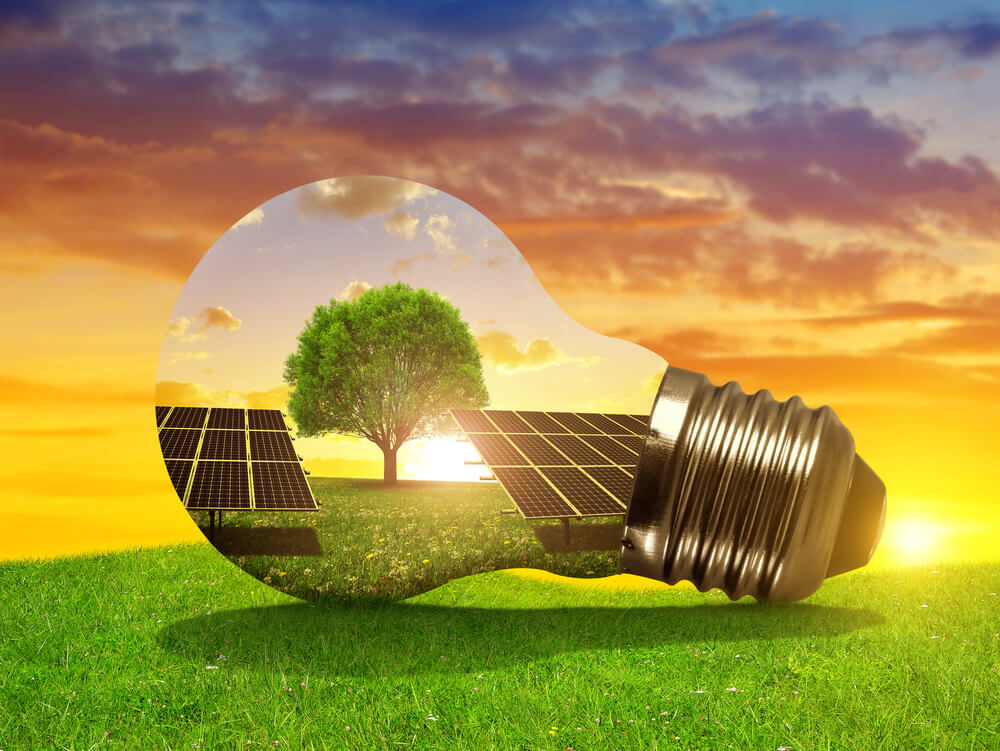Over time, various techniques for capturing and converting the solar energy source of electricity into usable energy have become a practical power source for gadgets. Additionally, many of the solar panels currently on the market can convert sunlight into solar energy with a 20% efficiency, and there are increasingly more solar panels with higher efficiencies.
Although solar energy was initially not generally used, many federal incentives and state laws helped to drive down the cost of solar panels immensely so that they were more widely used. At this time, the solar energy sector has the capacity to supply electricity to 11 million homes nationwide.
One of the difficulties with solar energy is storing more solar energy so that it can be used to generate more power. Let’s examine how solar energy works, its significance and advantages, as well as the challenges that solar energy technology faces with regard to power storage.
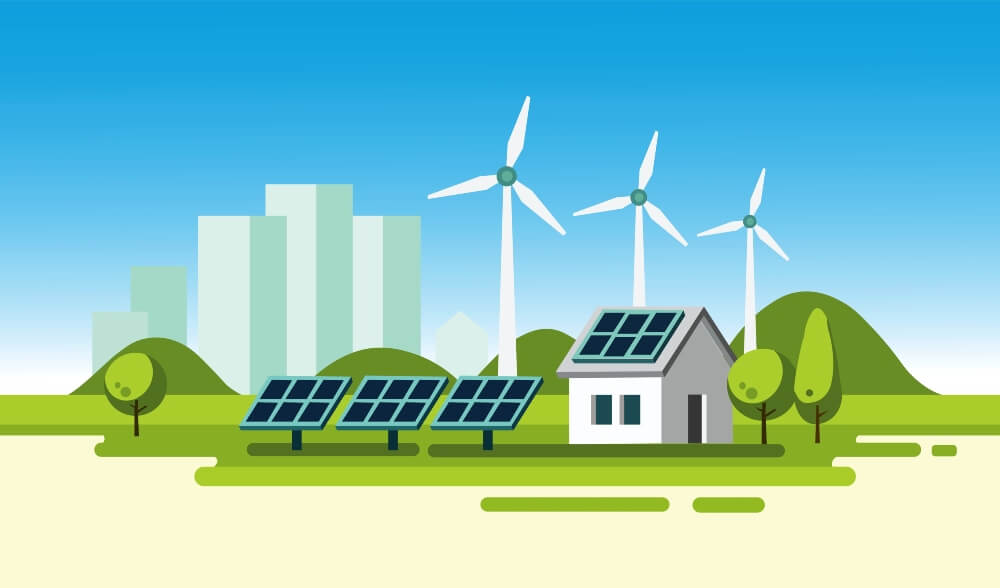
How Solar Energy Works
The solar panel, which is sometimes referred to as a solar module, is made up of layers of silicon cells, a glass enclosure, a metal frame, and wire for transferring electric current generated by the silicon. Silicon is a non-metallic material with conductive qualities that can absorb sunlight and transform it into useful electrical power. The photovoltaic effect, which encapsulates the basic operation of solar panel technology, is the process where sunlight sets silicon cell electrons in motion and commences electric current flow.
This photovoltaic effect is the basis of solar power science, which was initially identified by Edmond Becquerel in 1839. The ability of semiconductors to produce an electric current when exposed to sunshine is known as Photovoltaics.
The process of photovoltaic utilizes the following steps:
- The photovoltaic solar cell absorbs solar radiation.
- When the silicon interacts with the sun rays, the electrons will start moving and create a DC electric current flow.
- The wires will feed this DC or Direct Current electricity to the solar inverter and convert it to Alternating Power or AC power.
How Solar Energy Can Benefit Us
The prospect of cheaper energy bills is one of solar energy’s most alluring advantages. The electricity the solar panels produce from the sun’s beams is free once they are installed. If your company is average, you’ll recover your investment in the panels and installation within ten years.
Remember that the majority of solar panels have a 25-year warranty. Even better, many nearby electrical businesses will purchase any extra power your solar panels produce. That implies that you might someday make money from the panels.
Your reliance on the local power system is reduced thanks to solar panels. You’ll have electricity even if the power goes out due to a storm or another problem. When your rivals can’t, you’ll be able to keep your company going and your clients happy.
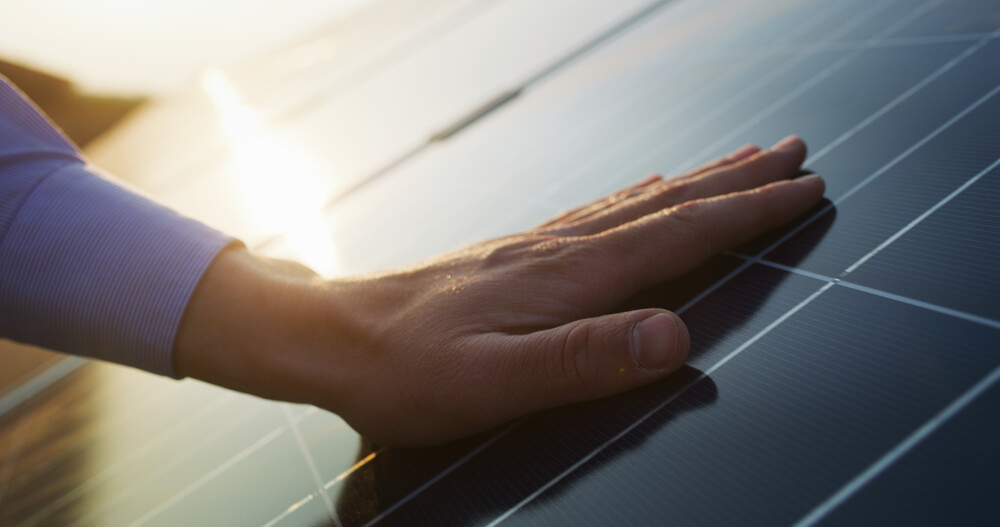
There are ways to lower your costs, even though the price of buying and installing commercial solar panels may seem prohibitive. You can immediately return some of your investment thanks to discounts that manufacturers and energy companies sometimes issue. Your overall costs can be decreased by taking advantage of federal and state tax benefits for energy-efficient equipment.
Solar energy emits no hazardous emissions, in contrast to coal-fired power facilities. By switching to solar energy from the municipal grid, you can lessen the emissions of greenhouse gases that damage the environment and are linked to conditions like asthma. In actuality, wind turbines and hydropower dams are more environmentally hazardous than solar power.
Your solar panels clearly show that you care about the environment and the general welfare. They aid in differentiating you from your rivals and drawing in clients that value eco-friendly living.
The Benefits of Solar Panels
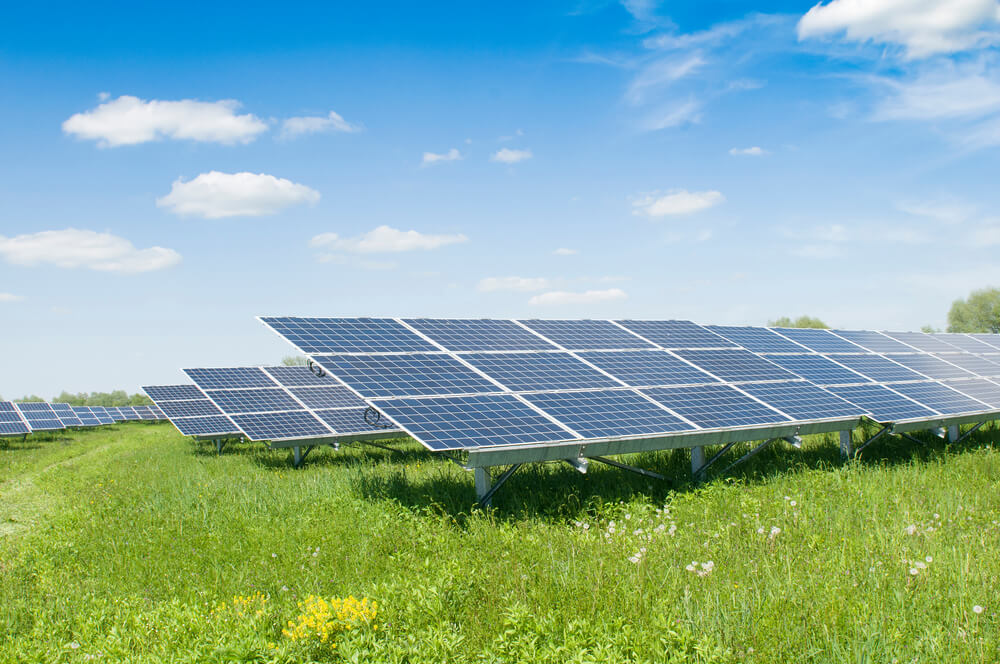
It is highly practical to generate electricity for many uses by utilizing solar panels. Off-grid living would have to be the logical choice. Off-grid living entails residing somewhere that is not connected to the main electric utility grid. Solar power systems are an excellent asset for cabins and homes in remote areas. An electric utility pole and cable installation from the closest main grid access point no longer require high costs.
If properly maintained, a solar electric system can potentially be less expensive and provide power for up to three decades.
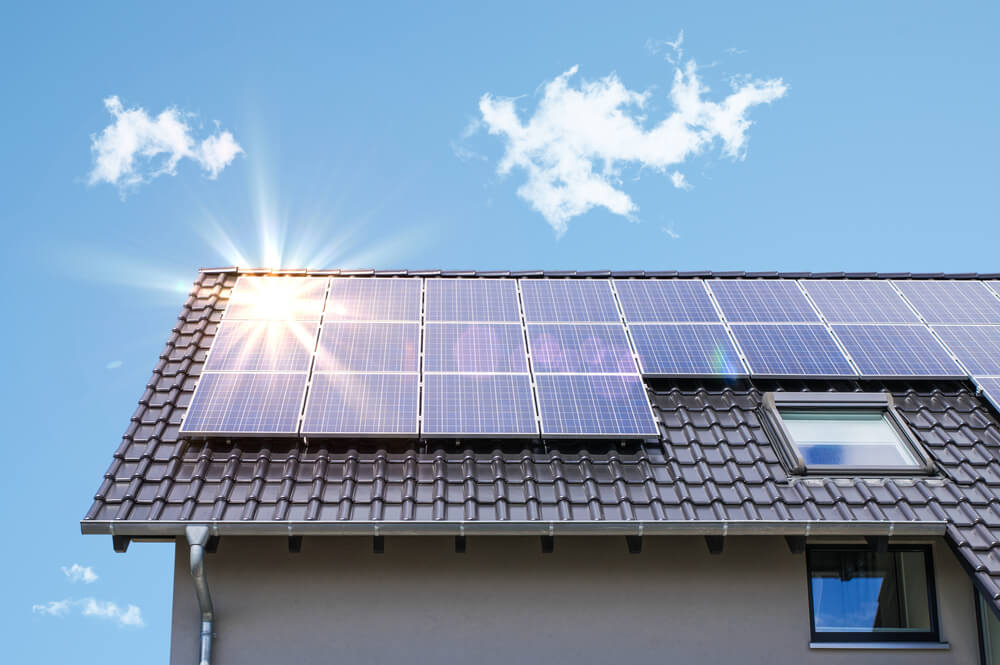
Last but certainly not least, the advantage of solar panels and solar energy is that, after a system has recouped its initial installation costs, the electricity it generates for the remainder of its lifespan — which could be anywhere between 15 and 20 years, depending on the system’s quality — is totally free!
The advantages for owners of grid-tied solar power systems start as soon as the system is operational, either eradicating monthly electric costs or — and this is the best part — actually earning the owner more revenue from the utility. How?
If you don’t consume as much energy as your solar electric system generates, you can sell the extra energy to your electric utility provider for a profit sometimes!
Of course, these are just some of the advantages and facts related to solar energy and panels.
And we as Serbian Build Fund LLC will work to ensure that each of our properties has these elements and that our buildings are self-sustaining and eco-friendly.


